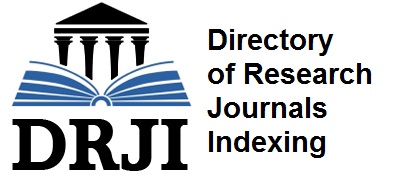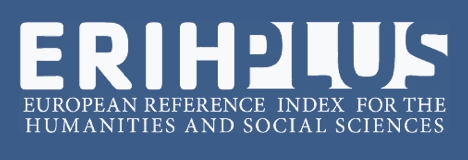Fuentes y actores italianos en el proceso revolucionario del Plata
Italian sources and actors in the Plata Revolutionary Process
Abstract
A través de específicas fuentes y actores - en un período prio-ritariamente acotado entre 1789 y 1810 - este estudio plantea y prueba que hubo itinerarios ideológicos y docentes de procedencia itálica que tuvieron clara incidencia en el proceso revolucionario que desem-boca en Mayo de 1810. Para ello se sigue la novedosa huella de profesionales de la Escuela Napolitana y de algunos personajes, en parte letrados, que con su aporte y decidida participación, cooperaron al éxito del movimiento inde- pendentista rioplatense.
El itinerario temporal analizado muestra que tanto los personajes actuantes como el entorno me-tabolizaron la recepción de ideas y las condujeron al Río de la Plata en tiempos en que crecía el descontento y la rebeldía. A este proceso que se volvió rupturista, contribuyó el es-pacio docente universitario, la le-ctura de autores modernos y la acción de la prensa. En este sentido, re-saltamos que el sector de ascendencia itálica, aunque numéricamente re-ducido, fue pro-fundamente activo en la coyuntura pre-revolucionaria y en la revolucionaria.
Through the study of specific sources and actors, this work poses and proves - during a period mainly enclosed between 1789 and 1810 - the existence of ideological and teaching itineraries of Italian provenience that clearly influenced the revolutionary process leading to May 1810. To accomplish this, I have followed the novel path of the Neapolitan School and of some personages, a number of them lawyers, who with their contribution and determined participation, cooperated in the success of the independence movement of the Rio de la Plata.
The time itinerary examined shows that the acting personages as well as the environment metabolized the reception of ideas, and took them to the Rio de la Plata at times of growing discontent and rebelliousness. The university teaching ambient, the reading of modern authors, and the action of the press contributed to this process that turned into separatism. In this sense, we highlight that the sector from Italian ascendance, although reduced in number, was deeply active in the pre-revolutionary and revolutionary circumstance.

This work is licensed under a Creative Commons Attribution-NonCommercial 4.0 International License.
Authors who publish with this Journal agree to the following terms:
Authors retain copyright and grant the Journal right of first publication with the work simultaneously licensed under a Creative Commons Attribution-NonCommercial 4.0 International License.
This Journal permits and encourages authors to post items submitted to the Journal on personal websites or institutional repositories both prior to and after publication, while providing bibliographic details that credit, if applicable, its publication in this Journal.

















